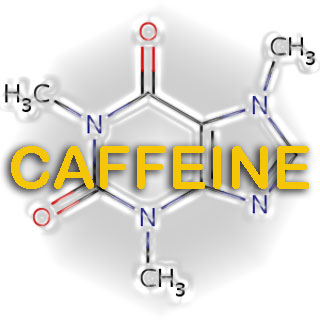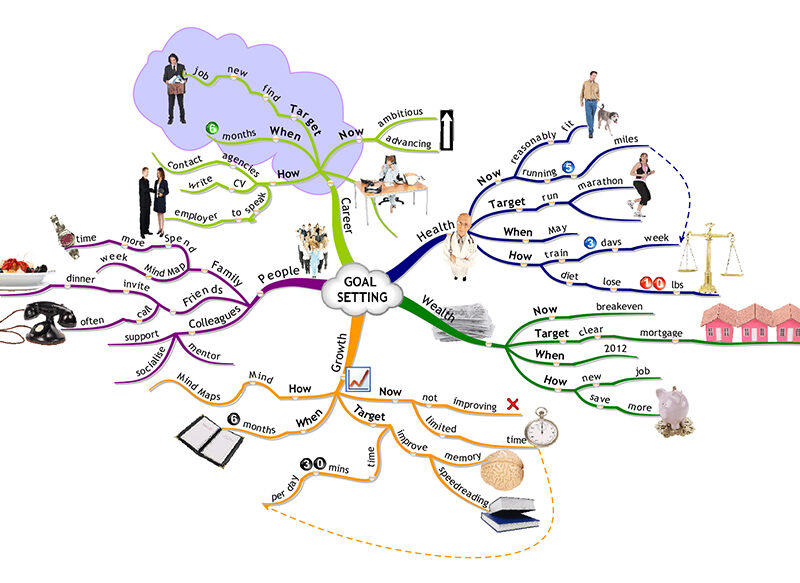7 Benefits Of Caffeine
According to data from the International Society of Sports Nutrition, there is a wealth of evidence that caffeine consumption can help both strength and endurance activities. As for some mistrust, proof is the hundreds of studies published on caffeine. However, we do not need to review all of these studies.
Here are seven reasons for someone who deserves to include caffeine in their daily diets.
1.INCREASES STRENGTH
Thirteen men who practiced freely exercises received an energy drink with caffeine (179 mg) and correspondingly another thirteen were given a placebo solution 60 minutes before starting to perform a number of the following exercises: bench press, dead lift, and squats at 60% intensity of the 1rep.max. The people who consumed the caffeine drink performed more repetitions to error in all exercises.
2.IMPROVES RESISTANCE
There was a study in which eight male cyclists participated in five separate laboratory sessions. During their first visit the maximum oxygen consumption (VO2 max) was determined. During the next four visits, three pieces of caffeine-containing chewing gum were administered at three time points (120 minutes of pre-cycling, 60 minutes of pre-cycling and 5 minutes of pre-cycling). The dose of caffeine given was 300 mg. They discovered that caffeine given in a chewing gum improves cycling performance when given immediately before, but not when given one or two hours before activity. It is clear that caffeine can help both endurance exercises and strength exercises.
3.BOOSTS SPEED

A fairly recent study determined the effect of caffeine on repeated sprinters, reaction time, sleeping and exercising the next day. Ten male athletes consumed placebo or caffeine (6 mg per kg of body weight) one hour before exercise. Significant improvements occurred after ingestion of caffeine as compared to placebo for the combined total time of each set and the best sprint time. However, the most important part of this study was that the caffeine group had even better performance the next day. This is important the next day, which means that it helps for faster recovery after training. Caffeine, however, had little effect on the time of reactive agility or sleep. Also, an energy drink containing caffeine (a dose of 3 mg / kg weight) increased the repeated sprint ability in a simulated soccer game.
4.ENHANCES PERFORMANCE

One study looked at the effects of a well-known caffeine energy drink on cardiovascular and neurological functions in students attending the University of Winona. It was found that its consumption reduces blood pressure changes during stressful experiences and increases pain tolerance. Another study showed that the strength of upper body muscles in static exercises improved. Similarly, aerobic endurance was improved (while retaining 65-75% of the maximum heart rate) and respectively improved anaerobic performance (maintaining maximum speed) on track cyclists. It also helped brain function. Scientists found improvements in mental performance that included choice reaction time, concentration (number cancellation), and memory (immediate recall), which reflected increased subjective alertness. Another energy drink of the same type significantly improved subjective feelings of focus and energy in strength / power parameters for athletes and their reaction time. There are, of course, many who say that energy drinks are a threat to the health of the heart and modern human life, but the answer is that it is safe when used in appropriate dosages.
5.INCREASES TESTOSTERONE
Is this true? Caffeine affects hormone levels – you read it. Forty-two healthy adults were hired by the Boston community, who were regular coffee, non-smoker and overweight consumers. This is an interesting combination of three situations. Participants were randomized to five cups of coffee or caffeine-free coffee (control group) consumed with each meal, midday and afternoon. After four weeks, caffeinated coffee consumption increased total testosterone and reduced total and free estradiol in male subjects. What does it mean? It means drinking coffee increases testosterone levels
6.IT’S SAFE

Data show it. In a large group of originally healthy women, increased caffeine consumption was not associated with an increased risk of atrial fibrillation. Caffeine also helps prevent stress and improve memory. Another study found that coffee consumption may be associated with a reduced risk of dementia . This can be caused by caffeine or other mechanisms such as antioxidant ability and increased insulin sensitivity. This finding could open up possibilities to prevent or postpone the appearance of dementia. It sounds crazy but I can assure you that many surveys show that it may be true.
7.IT’S NOT DIURETIC
Perhaps one of the biggest myths about caffeine is that its use will have a serious diuretic effect. Interestingly, science does not support it. A review indicates there is no indication that drinking caffeine-containing beverages as part of a normal lifestyle leads to a loss of fluid that exceeds the volume consumed or associated with a poor state of hydration.
WHAT WE SHOULD CONSUME

Approximately 3-5 milligrams of caffeine per kilogram of body weight. Thus, the lowest dosage for a person of 50 kilos and 90 kilos is consumed 136 and 273 milligrams of caffeine respectively, while the highest dosages would be 227 and 454 milligrams respectively. Or to do simple things, 200-300 milligrams of caffeine are likely to be nearly enough for everyone
Mitsaris Kostas
Certified Personal Trainer
Sport&Fitness Nutrionist






